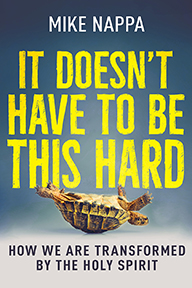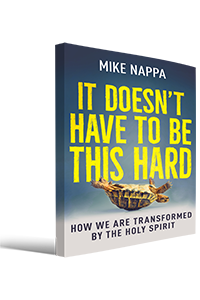A Sales Team reason for rejection
These words of noted author, radio personality, and columnist, Garrison Keillor, sound ominously familiar, do they not?
“The future of publishing: 18 million authors in America, each with an average of 14 readers, eight of whom are blood relatives. Average annual earnings: $1.75.”
With the proliferation of print-on-demand (POD) technology and the growing affordability of self-publishing options, the previously sequestered ability to print a book has never been more widely available to anyone, anywhere. As long as you can write a check to a self-publishing company, you can publish pretty much anything you like.
Or, as the venerable Mr. Keillor puts it, “The upside of self-publishing is that you can write whatever you wish, utter freedom, and that is also the downside. You can write whatever you wish and everyone in the world can exercise their right to read the first three sentences and delete the rest.”
I know. That seems a touch unkind.
After all, what does an elitist author like Garrison Keillor know about your struggles to achieve your vision of a writing career? You’ve gotten dozens of rejection letters for your book recently. Agents and editors alike are determinedly indifferent to your prose, and your dreams. Self-publishing is affordable—finally—and it gives you an opportunity to prove your worth by delivering an actual, physical book to show off in the marketplace. Why not give that a shot, since traditional methods aren’t working for you anyway?
Here’s the catch: publishing a book and successfully publishing a book are remarkably different things—especially in the eyes of my Sales VP and his team. My sales team doesn’t give a rat’s tailswing that you’ve published a book. They only care to know if you can publish a book that’ll sell. Self-publishing yourself into oblivion does nothing to prove that to them.
Just last week I received a query from an author who listed two previously published books in his credits. Knowing I was going to write this chapter, I checked Amazon.com to learn more about his work. Both books had been self-published on Lulu.com. One ranked a miserable 4,621,308 on Amazon. The other ranked at 4,810,589.
I’m sure this author thought he was helping his career when he sent those books into the Lulu system, but he wasn’t. The abysmal sales history he earned as a result of his self-publishing efforts was enough for me to send an easy rejection.
Consider yourself warned.
What You Can Do About It
1. Don’t self-publish as a stepping-stone toward success in traditional publishing.
This may seem counter-intuitive to some, but if you want to publish, don’t self-publish. That is, if your ultimate goal is a career in traditional publishing channels, don’t try to shortcut your way to success by self-publishing one market failure after another.
Despite the fact that self-publishing works by entirely different standards than traditional publishing, any book that’s in the marketplace will be judged by the same expectations that my Sales VP has for books that he publishes. That means you could legitimately self-publish and be wildly successful in that effort with sales of 700 or 800 copies of your book. But when my Sales VP sees that you have a book in print with only 800 in sales, he’ll view that as abysmal and as proof that you are unsalable on a larger scale.
So, unless you can guarantee yourself a significant number of sales (say, 10,000 units or more), or unless you don’t care about pursuing a traditional publishing career, just don’t self-publish. You’ll do yourself more harm than good otherwise.
2. Self-publish for personal reasons, not for professional ones.
OK, lest you think I am unfairly exclusive and judgmental about self-publishing, I will admit there are a few good reasons to pursue a POD opportunity for your book. Those reasons have nothing to do with traditional book publishing success, though. Still, if you don’t care about becoming a career author or about someday pursuing publication through a traditional publishing house, then sure, self-publishing could be a good option for you.
For instance, if you want to tell your life story and leave it behind as a legacy gift for your kids and grandkids—well that sounds pretty cool to me. Or if you want to create a keepsake book of poetry and stories for family and friends, then by all means, print up a dozen copies and send them out this Christmas. Or if you want to put together a fun little advice book for newlyweds and give it as a wedding gift every time kids in your church get married, well that’s just sweet, so why not?
So, yes, there are plenty of personal, relational reasons to self-publish a book. If that’s your motivation, then go right ahead…just don’t assume that it will lead to professional success as a result.
3. If you’ve already self-published for the wrong reason, slant it as an “educational” experience.
There is value for an absolute novice writer to go through the self-publishing process as an educational tool. Doing so gives you a hands-on, practice education on the unique requirements and daily demands of a publishing enterprise. It helps you better understand a traditional publishing process because now you know what’s needed editorially, promotionally, and production-wise to create a final product. And afterward, you can exploit what you’ve learned to become a much better author partner for any traditional publishing house that chooses to start your “real” author career.
At least that’s what you can tell an editor who asks about your abysmal sales after your preemptive attempt at self-publishing. (Good luck.)
Looking for more? Check out these links:













